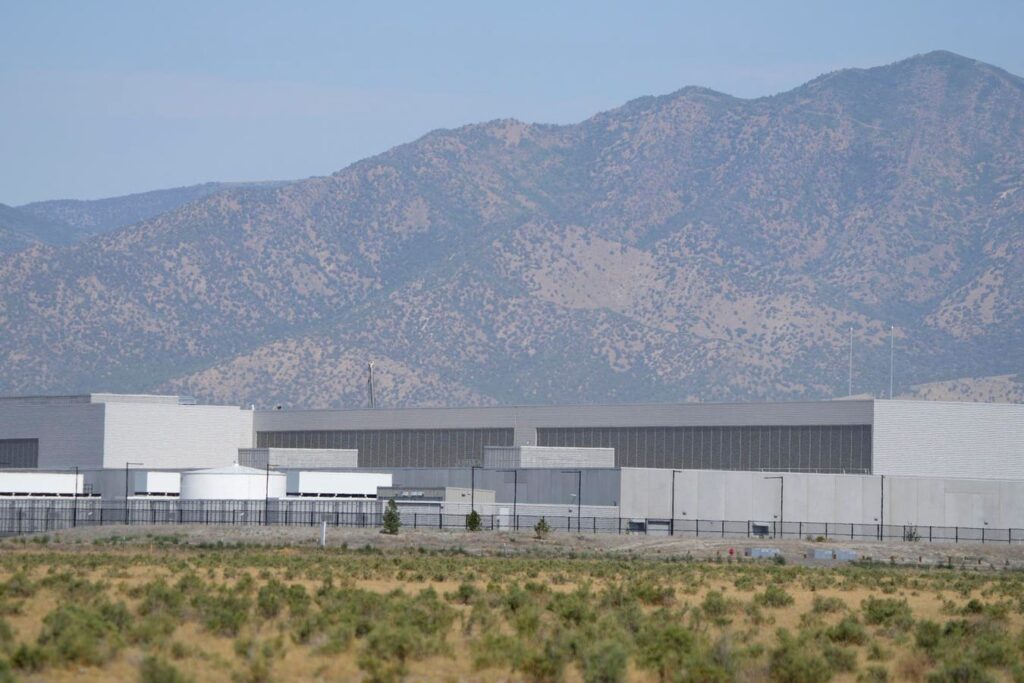The race for supremacy in artificial intelligence (AI) has captured the attention of investors globally, with several prominent technology companies investing heavily in AI capabilities. NVIDIA has emerged as a key player, becoming the second largest company by market capitalization, while OpenAI recently secured $6.6 billion in funding, marking one of the largest private investment rounds in history. Notably, tech giants like Amazon and Google have joined forces with Microsoft in this investment surge, driven by the belief that AI will significantly enhance productivity across various sectors of the economy. However, as technology rapidly advances, the potential benefits must be weighed against the inherent risks, warranting careful oversight and regulation.
Proponents of AI highlight its advantages in various domains, including grid management and tools for decarbonization. However, the immediate ecological consequences of its expansion have raised concerns, particularly the surge in fossil fuel power generation and the accompanying rise in greenhouse gas emissions. This trend poses a threat to both the climate and the broader economic outlook, underscoring the need for tech and utility leaders, investors, and policymakers to ensure that AI’s development is driven by clean energy sources to mitigate any adverse impacts on climate change and the economy.
A striking increase in energy demand projections correlates with the growth of AI-driven data centers, as highlighted in a 2023 analysis by Grid Strategies. Projections indicate that electricity demand growth will rise from 2.6% to 4.7%, largely due to the burgeoning demand from data centers, which are expected to account for 30-40% of new electricity demands until 2030. Goldman Sachs predicts that AI will constitute about 19% of all data center power demands by 2028. Other contributors to electricity demand include industrial reshoring and electrification initiatives tied to the Biden-Harris administration’s economic policies. The competitive landscape of AI, reliant on substantial energy consumption for data processing, suggests an enduring rise in energy consumption driven by AI technologies.
Mounting evidence of increased energy demand from AI has led utilities to reconsider their strategies surrounding fossil fuel plants. S&P Global forecasts a reduction in coal plant retirements, while a resurgence in gas-fired power plants has occurred due to renewed demand. This development risks impeding progress towards a cleaner energy future and could thwart efforts to combat climate change. To address this, tech and utility sectors must take decisive steps to limit the expansion of gas and coal utilities while accelerating the adoption of renewable energy sources to align with commitments made under the Paris Agreement.
Amid these challenges, investors are urged to recognize the implications of climate science, not just as a governmental responsibility, but as a central concern for businesses, particularly in the AI sector. Institutional investors, facing exposure to potential systemic climate-related financial risks, need to ensure that companies effectively address these challenges. As the AI sector seeks profitability, concerns arise over its capacity to generate sufficient revenues to offset significant capital costs. Without a favorable economic climate, widespread adoption of AI technologies could slow down, forcing companies to reconsider their strategies in light of the looming threat posed by climate change.
To fulfill the need for responsible AI expansion, prominent industry voices call for actions like implementing carbon pricing specific to AI data centers and incentivizing the tech industry towards sustainable practices. While the focus is on future technological advancements, immediate steps to advance clean energy solutions are critical to overcoming looming climate obstacles. Engaging in procurement of carbon-free energy, fostering transparency regarding energy demands, and imposing fair financial structures to ensure tech companies shoulder the costs associated with their environmental impact are essential elements of a responsible and sustainable roadmap for the AI industry. Regulators and policymakers will play a crucial role in ensuring these principles are upheld, thereby ensuring a balanced transition towards a more sustainable energy future that can support the growth of AI technology.

